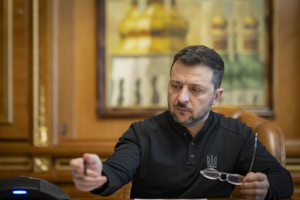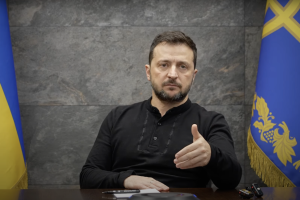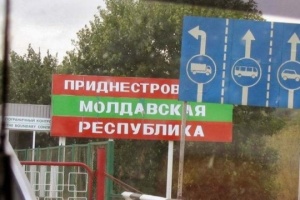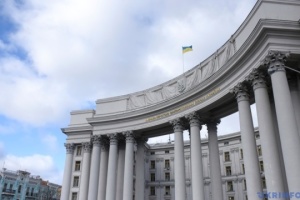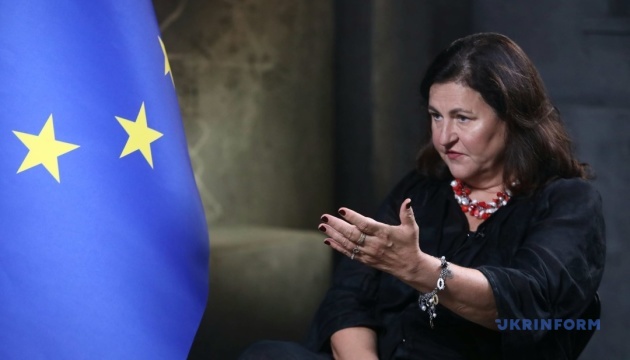
Nothing in upcoming EU Enlargement Report to prevent opening of accession negotiation clusters - Mathernová
That’s according to the EU Ambassador to Ukraine, Katarína Mathernová, who gave an exclusive comment to Ukrinform, spilling some light on the content of the document that is about to be released.
“There is nothing you will see in the EU Enlargement Report 2024 that would prevent the eventual opening of clusters for Ukraine,” said the ambassador.
Commenting on what is seen as a decisive factor for opening the so-called clusters, Mathernová said the outcome of the legislative screening process is even more important than the content of the annual enlargement report.
“The enlargement report comes every year, so it's important to track progress. But for opening the chapter negotiations, more important is the screening report. That’s because we we're not in the middle of negotiating a cluster, we are before the cluster is open. And the trigger for opening the cluster will be a decision on the screening record,” said the EU ambassador.
Also, it’s important to keep in mind that the accession negotiations are not what classically the word “negotiations” applies, where parties give and take, stressed the diplomat. “Now it’s only you who needs to take the the body of of laws, the EU acquis. You're applying to a club that has certain rules that you have to take on board,” noted Katarína Mathernová.
What Ukraine can discuss is the “transition periods” in various areas, she added.
“When the countries in Eastern Europe were joining the EU, there was a huge amount of environmental cleanup to do after the communist regime. To oblige in full with the EU environmental regulations, we negotiated transition periods,” Mathernová recalled. “If the EU demanded that on the day of the accession our rivers had to be clean in line with their standards, that would definitely be impossible to accomplish.”
As another example, she cited the obligation undertaken by Lithuania to close its nuclear power plant when Lithuania negotiated assistance for the transition period due to the high cost of the move.
Speaking of Ukraine’s realities, Mathernová admitted that the country is in “a very special category because the war obviously brings about a tremendous amount of damage”.
“Obviously, that's going to imply a lot of discussions on how to abide by the very strict environmental rules, in which time, and what kind of help you get from the EU,” said the EU ambassador.
As Ukrinform reported earlier, Minister for Foreign Affairs, Andrii Sybiha, said Ukraine has high hopes for the Polish presidency of the Council of the European Union and is counting on the support from European partners in opening all clusters in the EU accession talks.
Late August, the Cabinet of Ministers of Ukraine adopted a resolution to set up an Interagency Working Group to ensure the negotiation process on Ukraine's accession to the European Union and bringing Ukraine’s legislation in line with Acquis Communautaire. The Group is chaired by Olha Stefanishyna, Deputy Prime Minister for Euro-Atlantic Integration, Minister of Justice.

